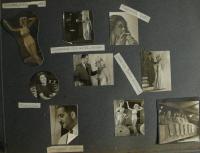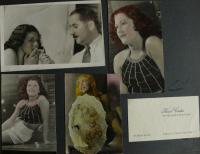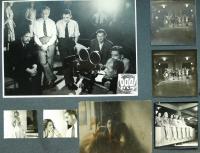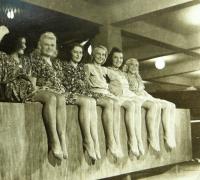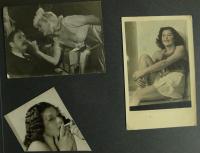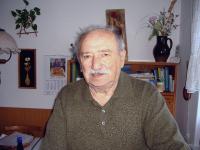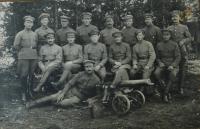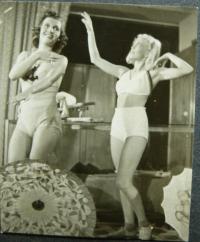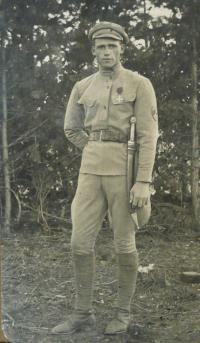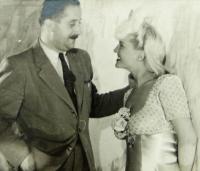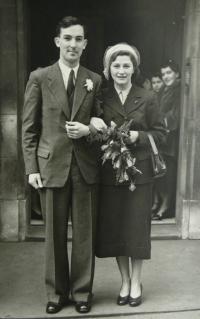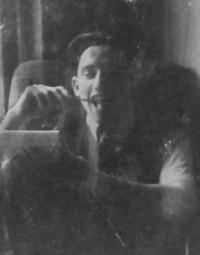The year 1945 was drawing closer and then, in March, we fled from Germany for the last time -- forever

Stáhnout obrázek
Ladislav Koza was born on October 17, 1923, in Lískovice nearby Bílina. His native village doesn‘t exist anymore - it was razed to the ground because of coal mining. His father served as a legionnaire in Russia in the First World War and after. He commanded the 3rd machine-gun platoon „Jan Žižka z Trocnova“. After he returned from Russia, he worked mostly for the police. His mother, née Kremrová, managed the household. After his father took up the job with the police, the family moved to Liberec and later to Teplice. In 1938, after the Sudetenland had been annexed, the Koza family had to move again. First they migrated to Kremč, near Roudnice, then to Kladno where his father worked for the Czech police until 1944. In Kladno Ladislav Koza briefly continued to study at the pedagogical institute. Then, after the secondary schools were closed down, he worked in a mineshaft and then in the local metalworks. Later he found an occupation with the firm Baal movies in Prague. After six months of employment with this firm he had to go to Germany for forced labor. He worked for the armaments company Rheinmetall Borsig where he lathed torpedoes. He tried to run away repeatedly but was caught and imprisoned, among other places in Pankrác and Ruzyně. After another breakaway, he spent the rest of the war in a re-educational and labor camp in Mirošov, near Pilsen. He participated in the Prague uprising at the very end of the war. He guarded important objects armed with a rifle and a hand grenade in Prague 6 (among other objects the premises of the Ministry of the Interior that some German soldiers used as a last resort). After the war, he returned to Teplice where in 1947 he married Lotte, née Lebovičová, who had survived the Holocaust. They had their only son Petr in 1948. After the war he worked mostly as a teacher and school principal, later he also worked as an observer in meteorological stations.
